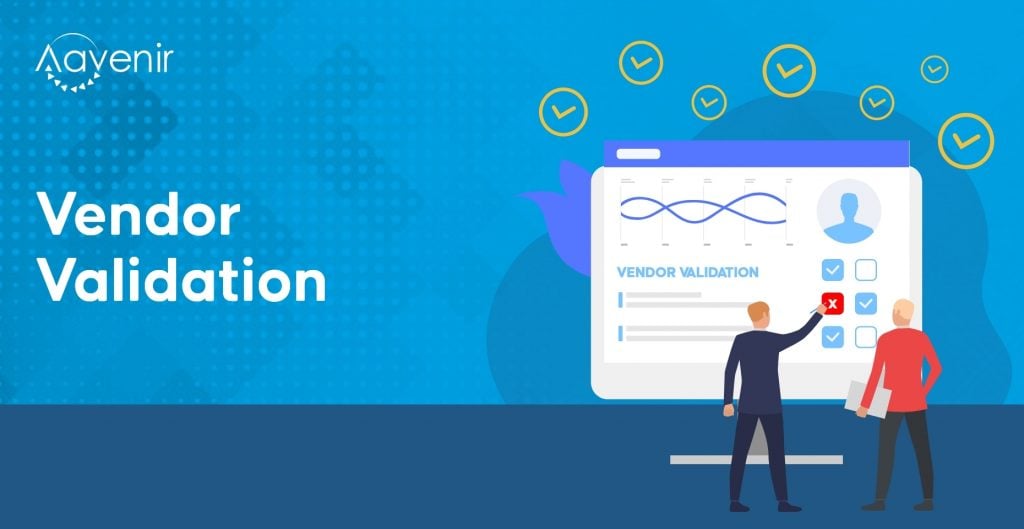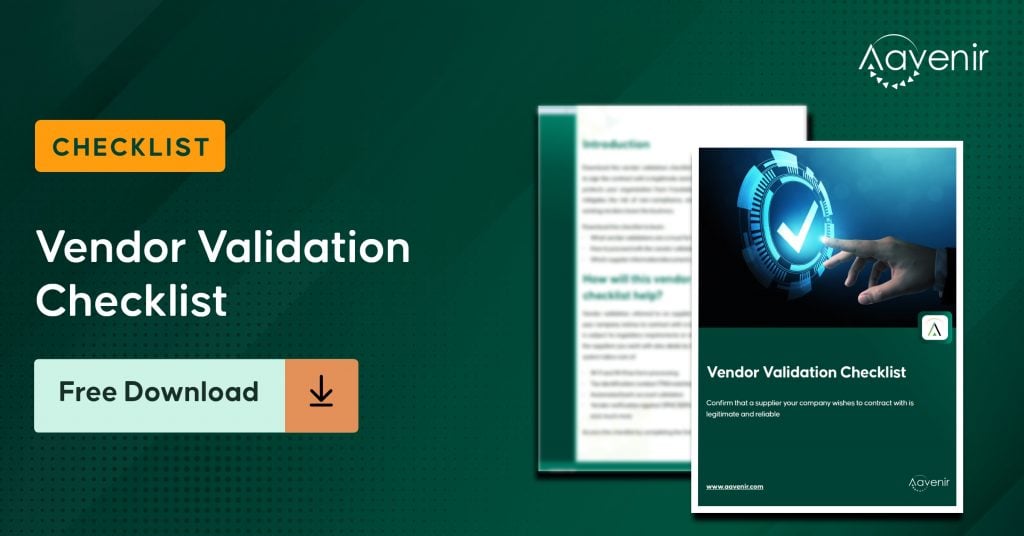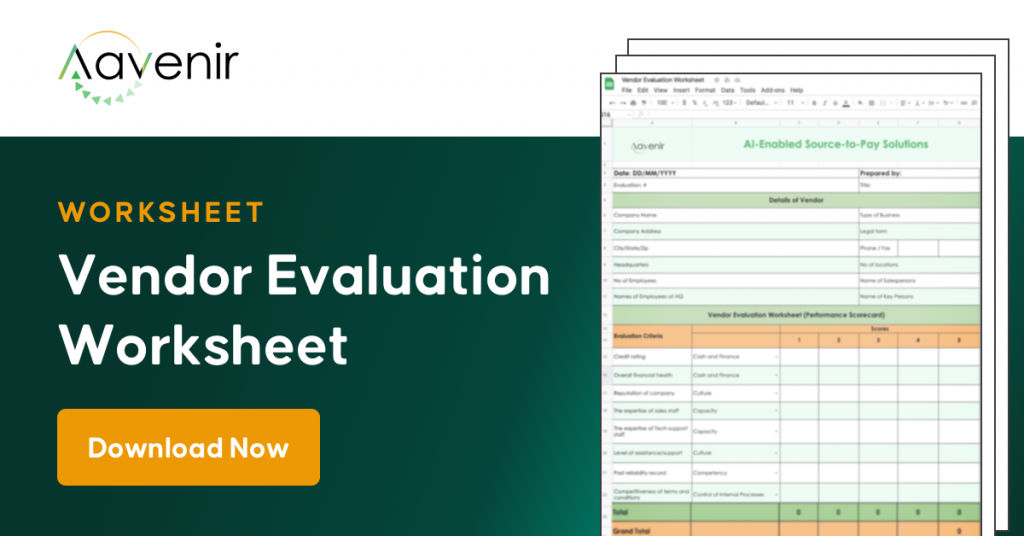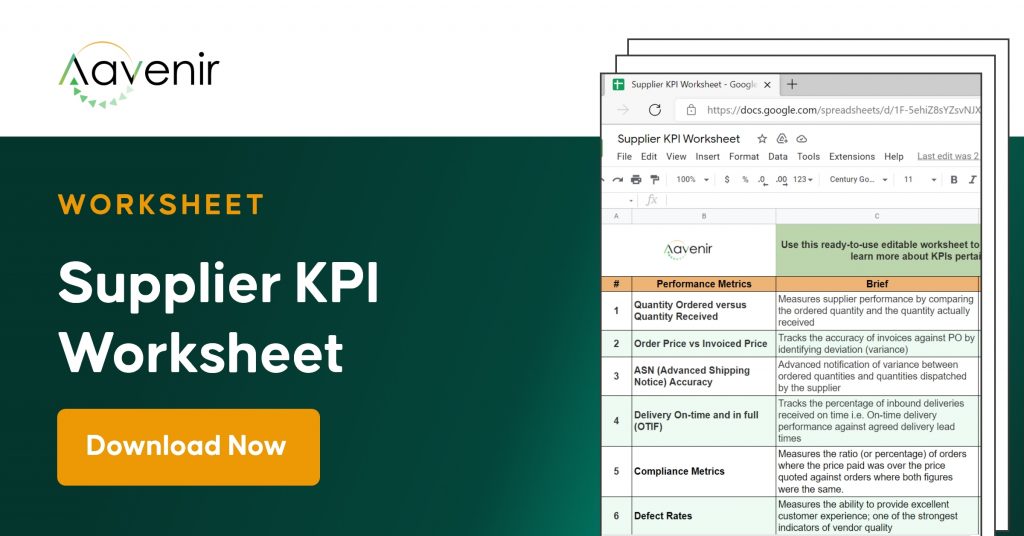What is Vendor Validation?
The process of confirming a supplier’s legitimacy is known as vendor validation. It can help your organization save money by ensuring that you are not contracting with fake suppliers and that your current vendors have not been rebranded, relocated, or gone out of business. The vendor validation process becomes increasingly difficult as a company grows in size, with many multinational corporations requiring entire procurement departments to handle the process. However, it is essential because 30 to 40% of suppliers modify information each year.

Importance of Vendor Data Validation
Variety of Reporting Needs: Procurement experts and sourcing managers are under increasing demand to report on their supply partners in a diverse manner. Enterprises in the public sector, in particular, require small business set-asides, which means that a certain percentage of suppliers must come from a broad pool of small businesses. Furthermore, some federal contracts may require that private-sector corporations select a certain percentage of vendors from small enterprises.
While the economic benefit of local procurement can be significant, small firms are more volatile than more established corporate suppliers; therefore, careful vendor vetting is required while completing diversity reporting requirements.
Competitive Advantage: Many organizations like to utilize analytics to brag about their firm’s performance and to lay the groundwork for their competitive advantage. For instance, you might hear any of the following comments about a company’s performance:
“We were able to raise revenue by 6% year on year.”
“We outsold the next closest competition by 200,000 units.”
“Our price-to-earnings ratio has improved for five years in a row.”
However, data output will only be as good as the data input over time, making effective data readiness and cleansing methods critical for achieving optimal competitive advantage.
To go technical, some vendor validation firms and software programs can give values to bits of input data, giving businesses a competitive advantage by allowing them to observe how vendor data influences output analytics.
Improved Efficiency and Reduced Costs: Many businesses believe that finding the correct supply, getting it at the right price, and having it delivered on time is the key to enhancing efficiency and lowering expenses. While this is a critical business strategy, any cost reductions realized in this area can be easily undone or nullified if vendor data is inaccurate.
According to research, the average large and mid-market company loses millions of dollars in potential savings due to erroneous supplier data. Inaccurate vendor data not only increases expenses at the point of sale, but also creates inefficiencies for all corporate employees participating in the supply chain, even those in legal, accounts payable, and other departments. Furthermore, it has been demonstrated that functional silos (system leaks) in organizations that require more than two levels of authorization for purchase orders are more likely to result in data loss or duplication, both of which would result in costly errors.
The Need for Vendor Validation
Regardless of the numerous expenditures connected with a successful vendor validation program, avoiding the countless losses that can occur from erroneous and unvalidated vendor data makes vendor validation a critical task for any firm. According to studies, 30 to 40% of vendor information can change every year. A lack of vendor validation can harm an organization in the following ways:
Inaccurate Data: Because many payments are made via credit cards or other online transfers, missing or erroneous information such as billing addresses that have changed or credit cards that have reached their expiration date might cause scheduled shipments to be delayed.
Duplicate Data: When vendor information is not correctly structured and kept, purchase requisitions might be duplicated across the procurement chain, resulting in an abundance of supplies that cannot be used.
Extinct Suppliers: Because many businesses are obligated or want to select from a diverse pool of local, small business vendors, there is a potential that some suppliers will go out of business between shipments, forcing the company to rush to find a secondary supplier in order to keep production on schedule.
Change in Agents: You may have previously relied on a particular agent as your point of contact with a significant supplier. If this person changes for whatever reason, your contract may be left ignored or fall between the gaps, jeopardizing the shipment of your supplies.
Deceitful vendors: Because so much commerce is now done online, the number of scams and unethical business practices has soared. However, attempting to utilize a bogus supplier can not only cost a company money in the form of missing goods, but it may also result in costly tax consequences.
Low competitive advantage: Many businesses rely on output analytics to assess organizational performance. However, the quality output can only be achieved over time by assuring quality input. A company with well-organized and cleanly gathered vendor data will have a competitive advantage over its competitors.

Final Thoughts
Vendor validation is a complex process that has gotten even more sophisticated in the information age, with the rise of internet commerce and data proliferation posing new hurdles for organizations. For major organizations and corporations, these difficulties grow increasingly complex, as the difference between good vendor data and poor vendor data can make a considerable difference in a firm’s bottom line. As a result, vendor validation is a crucial task for a company to validate its vendors as legitimate businesses in order to create a seamless, uninterrupted supply chain.
Explore Additional Resources To Know More




